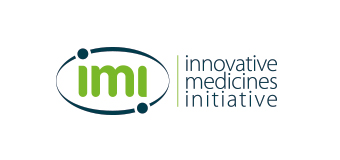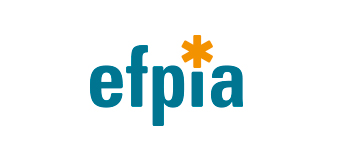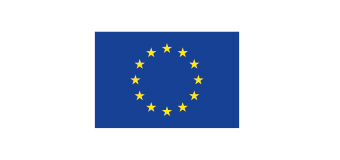Decentralised Clinical Trials are all about participant centricity
Utrecht, May 20, 2022

On 20 May 1747, James Lind started what is often considered the first randomised clinical trial aboard a ship to control an outbreak of scurvy. His approach to ‘compare like with like’, and the design of his trial may have “inspired” and informed future clinical trial design.
(Read more here: https://www.clinicaltrialsday.org/about)
As his effort has inspired the approach to clinical trials, each year on May 20th, we celebrate International Clinical Trials Day (ICTD), an opportunity for research organisations, clinical research professionals, and the public to acknowledge the achievements that result from clinical research, raise awareness on clinical trialsand honor professionals across the globe.
Trials@Home is all about bringing clinical trials to the participant and shaping the future of clinical research. We will conduct a decentralised clinical trial (DCT) called RADIAL, a phase 4 trial with a focus on the proof of concept. of the different DCT models
On the occasion of ICTD, we examine the benefits of DCTs which we hope to demonstrate with RADIAL.
- Enhance patient centricity by lowering burden of participation on participants and sites and accelerate participant recruitment by making it easier to find potential participants (for example, in rural areas where travel to/from sites is difficult).
- Increase participant diversityby enabling participant recruitment from a much wider pool rather than limited to those within a reasonable distance of a participating site.
- Increase knowledge, information, and engagement in participants because of autonomy enabled by technology. There is a wide body of evidence suggesting that engaged participants complete tasks such as electronic diaries with more accuracy and honesty.
- Make reporting and analysis of results easier as technologies enable and standardise data collection and sharing.
Happy International Clinical Trials Day!



This project has received funding from the Innovative Medicines Initiative 2 Joint Undertaking under grant agreement No 831458. This Joint Undertaking receives support from the European Union’s Horizon 2020 research and innovation programme and EFPIA.
Notes for editors – not for publication
If you would like more information, please contact the spokesperson at the UMC Utrecht.
Joris Prinssen: +31 6 2571 0234
press@umcutrecht.nl
